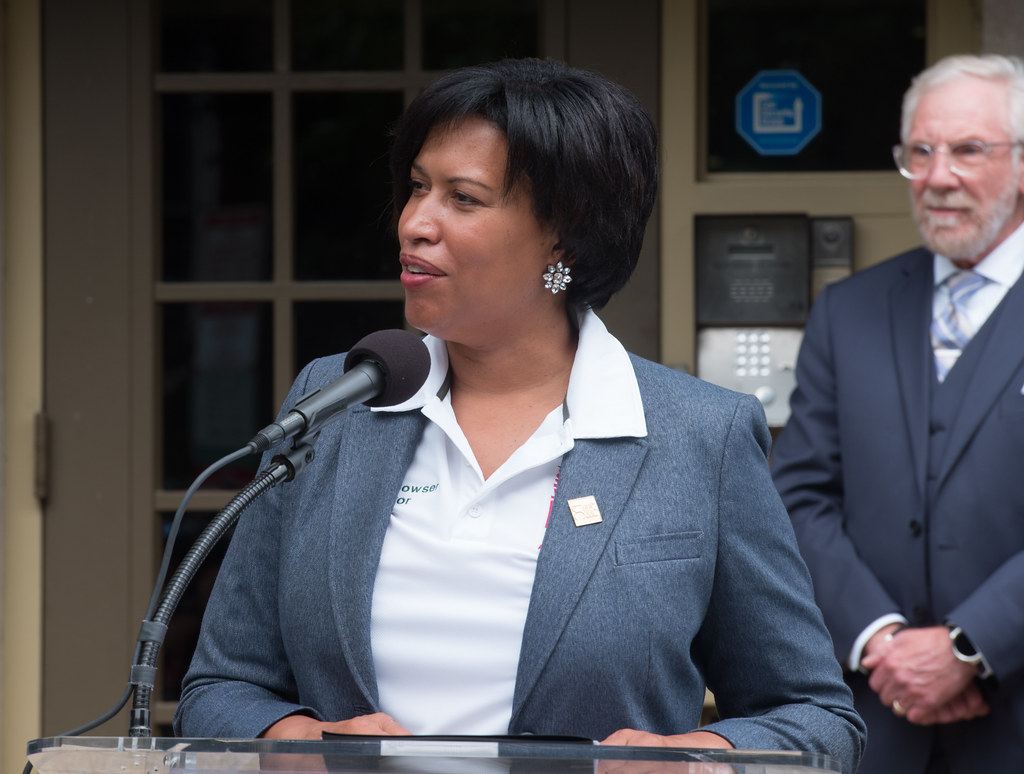London improves journey estimates with passenger Wi-Fi data
18 November 2019
by Christopher Carey
An analysis of more than 2.7 billion pieces of anonymised data from customers’ smartphones is being used to improve the accuracy of Transport for London’s (TfL) journey-planning application.
In May, the transit operator announced it would begin collecting data at more than 260 London underground stations as part of a scheme to gain more accurate readings on interchange and wait times at key locations across the UK capital.
The data has revealed that there is scope to improve travel advice for journeys involving 55 stations, including adjusting the time needed to switch between lines at major interchange stations such as Baker Street, Canada Water, Earl’s Court and Notting Hill Gate.
The project follows a four-week pilot in 2016 which tested Wi-Fi data collection technology across 54 stations.
Using a device’s MAC code (which is automatically relayed to routers when the Wi-Fi function is switched on), the operator can map routes passengers take when walking through a station or switching trains.
Lauren Sager Weinstein, Chief Data Officer at TfL told Cities Today: “It’s exciting what we can do now. Before this we had to have people walking around with clipboards and timers [to collect the information].
“Now we can understand, react and update information much more quickly, and change things like a station layout or journey times accordingly.”
Information which identifies the device ID is automatically scrambled and anonymised through an algorithm.
Passengers do not need to be registered for TfL’s station Wi-Fi service, meaning once a device has its Wi-Fi enabled, data will be transmitted.
The transit operator has emphasised that any data collected is depersonalised and anonymous, following concerns from civil liberty groups.
“We’ve gone to great lengths to protect the data we use and peoples privacy and spent a long time going through privacy reviews and impact assessments,” Weinstein added.
“We’re looking at groups of people, not the individuals.”
Privacy campaign group Big Brother Watch said people should be “concerned” when devices are monitored without consent.
“The public should be fully informed about what data will be taken from their phones, when and why, and reminded of their ability to prevent this tracking by turning off their Wi-Fi,” a spokesperson from the group said.
Signs explaining that Wi-Fi data is being collected is displayed at participating stations.
More than 97 percent of the Underground network has access to a free Wi-Fi connection through TfL’s partnership with Virgin Media, though connectivity is limited to the stations and not in the train tunnels between stops.











